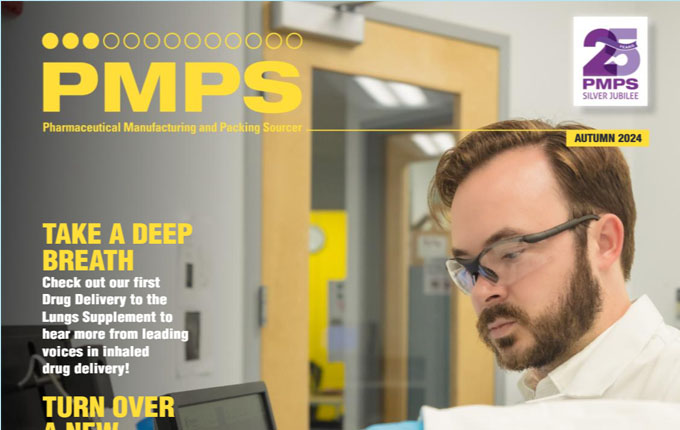While powder devices have shown high deposition in the olfactory region, there is a lack of options for aqueous nasal sprays. Researchers have explored various strategies for improving the performance of liquid nasal sprays, such as reducing the plume angle by modifying the swirl chamber dimensions and increasing the formulation viscosity. However, the effectiveness of these approaches is dependent on actuation velocity and force, which poses a challenge for achieving consistent drug delivery.
Moreover, studies have demonstrated that the insertion angle and depth of the nasal delivery system can impact the regional deposition of the drug product. This variability in drug deposition due to patient-specific administration parameters remains a significant drawback for targeted nasal drug delivery, highlighting the need for new technologies.
In this context, a novel concept is introduced to deliver aqueous nasal formulations using an off-the-shelf syringe prefilled with the drug formulation. The syringe is inserted into the device, and the user operates the device by pressing an operating button. This action releases a pressurized Y-shaped jet-spray. The unique Y-shape of the spray is characterized by a low-angle jet that opens into smaller jets at a specific distance from the nozzle tip. This design aims to optimize nasal delivery to the olfactory region in a user-independent manner.
By utilizing this novel delivery concept, researchers hope to overcome the limitations associated with current liquid nasal spray systems. The prefilled syringe offers convenience and consistency in dosing, while the Y-shaped jet-spray provides controlled and targeted drug delivery to the olfactory region. This approach has the potential to enhance the therapeutic outcomes of nasal drug delivery by improving drug deposition in the desired area and reducing variability caused by patient-specific factors.
Overall, the development of this innovative nasal drug delivery system represents a step forward in addressing the formulation and device-related challenges of targeting the central nervous system through the nose-to-brain pathway. By optimizing drug delivery to the olfactory region, this technology could unlock new opportunities for introducing therapies that require direct access to the brain, potentially revolutionizing the treatment of neurological disorders and other conditions affecting the central nervous system.
Learn more about Aptar Pharma Expertise
in Nasal Drug Delivery
This Might Also Be of Interest

Overcoming Challenges in Preclinical Studies for Intranasal and Inhalation Programs
Webinars, Pharmaceutical, Innovation & Insights, Drug Delivery Innovations, Market Insights, Product Solutions

Optimising Preclinical Studies for Intranasal and Pulmonary Programmes
Publications, Pharmaceutical, Drug Delivery Innovations, Market Insights, Product Solutions
Targeted Aerosol Delivery to NALT Using BiVax Intranasal Atomizer
Publications, Pharmaceutical, Drug Delivery Innovations, Market Insights, Product Solutions
Acute Migraine Relief: Nose-to-Brain Delivery with Lipid Nanoparticles
Publications, Pharmaceutical, Drug Delivery Innovations, Market Insights, Product Solutions
